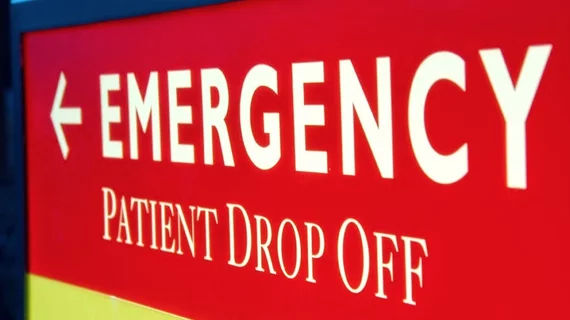Harvard: Seriously ill people face seriously high medical bills, even when insured
More than 90 percent of seriously ill patients in the U.S. have health insurance coverage, but a substantial amount of this population is not financially protected, according to a recent survey.
Unpaid medical bills are a significant issue to this group of Americans, as 37 percent have used up all or most of their savings as a result of the cost of their medical condition. Almost a quarter of respondents reported not being able to pay for necessities like food, heat or housing.
In fact, 31 percent of seriously ill people who have health insurance report serious problems paying hospital bills, according to the survey by Harvard T.H. Chan School of Public Health, The New York Times and the Commonwealth Fund
Similarly, 27 percent say they have serious problems paying for prescription drugs. More than half of respondents in the survey said they take five or more prescriptions, and 11 percent reported taking a medicine that costs them or their health insurance plan more than $50,000 per year. Of the people with costs above $50,000, 44 percent report serious problems paying for the prescriptions.
The survey, which was released earlier in October, sheds a light on the impacts of the high cost of healthcare for the sickest in America. President Trump outlined a new pricing model for Medicare Part B drugs—which include prescriptions that are physician administered—that would base Medicare payments on international drug prices. CMS estimates the model, if enacted, could save $17.2 billion over five years.
The survey findings further underscore that surprise billing is still an issue for consumers. Nearly half, 47 percent, of respondents said their insurance didn’t fully cover their last overnight hospitalization bill for doctors or services.
The survey also looked at hospital experiences of the seriously ill, as well as care and cost in other health settings. Researchers concluded the findings should play a role in the debate over requiring higher levels of basic health insurance coverage for individuals.
See the full report here.

